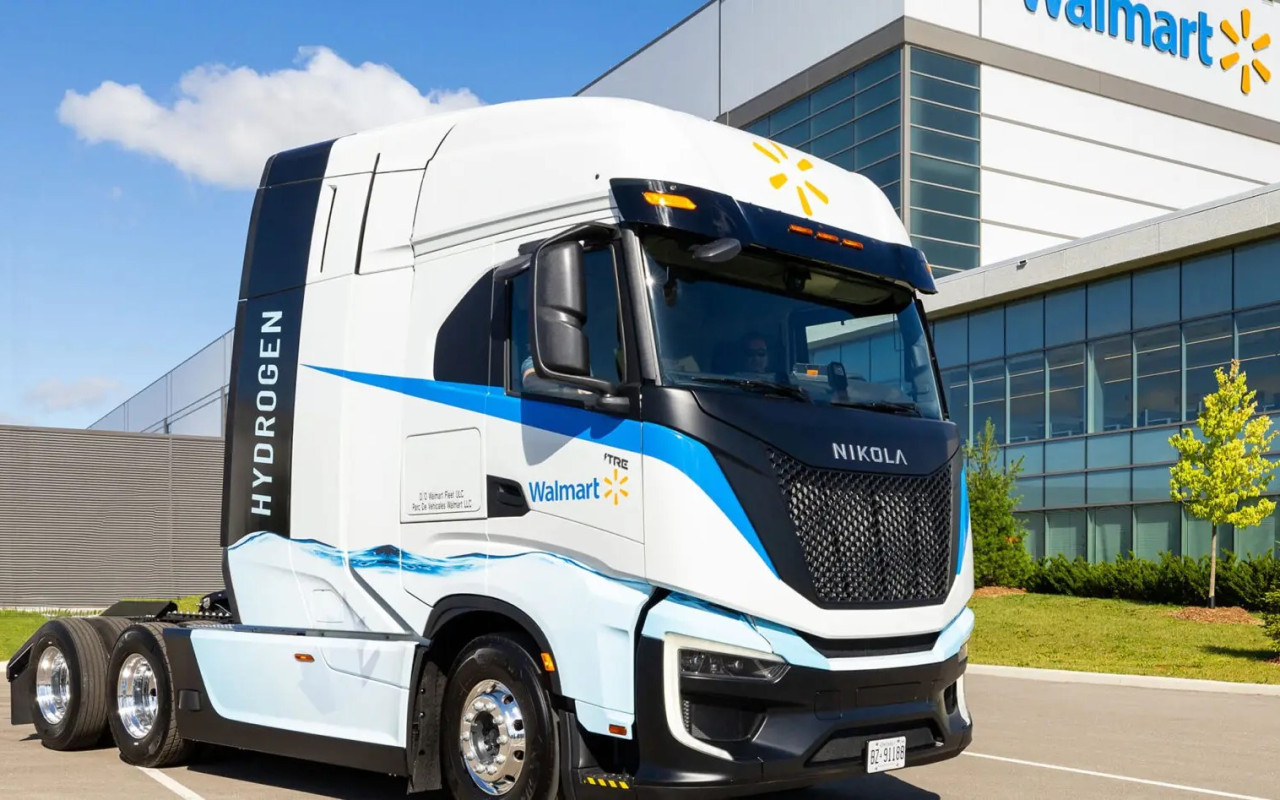Siemens to build 100 MW battery storage facility in Wunsiedel, Germany
Technology giant, Siemens AG has announced its plans of building one of Europe's most powerful battery storage facilities in Wunsiedel, Germany.
German grid network operator, Zukunftsenergie Nordostbayern GmbH (ZENOB) and Siemens Smart Infrastructure (part of Siemen AG) signed a letter of intent in Wunsiedel on Monday, for the turnkey construction of a 100 MW battery storage facility. The plant, with a storage capacity of 200 MWh, and is intended to use surplus renewable energy, and cover demand peaks in the power grid.
Marco Krasser, Managing Director of SWW Wunsiedel GmbH, one of the partners in Zukunftsenergie Nordostbayern GmbH said, "Electricity storage facilities are an important building block for shaping the future of energy."
"They can help stabilize the grid and make better use of energy generated from renewable sources. They draw surplus power from the grid and feed it back when electricity demand is higher. Smart storage technology will increase the local and national supply of green power. That is why we are gradually expanding the capacity."
The lithium-ion battery storage system for the planned storage system will be provided by Fluence, a joint venture between Siemens and AES. Siemens will handle project management, including a technical implementation concept, as well as the construction of a medium-voltage switchgear system and connection to the high-voltage grid. Among other things, the letter of intent also includes the development of a financing concept.
Commenting on the various benefits of the planned energy storage system, Bernd Koch, Head of Technology Performance Services at Siemens Smart Infrastructure Germany, noted it "also benefits the upstream grid operator because it gives them more flexibility to compensate for voltage fluctuations, which are increasingly common because of the expansion of renewable energy generation."
Siemens estimates, the 5,000 square meter energy storage facility is capable of supplying 20,000 average households with electricity for a year.
The latest announcement by Siemens follows the news of official groundbreaking for the construction of a hydrogen generation plant with a capacity of 8.75 megawatts in Wunsiedel. Once operational in 2022, the hydrogen generation facility will produce up to 1,350 tons of hydrogen per year using only renewable energy.



















